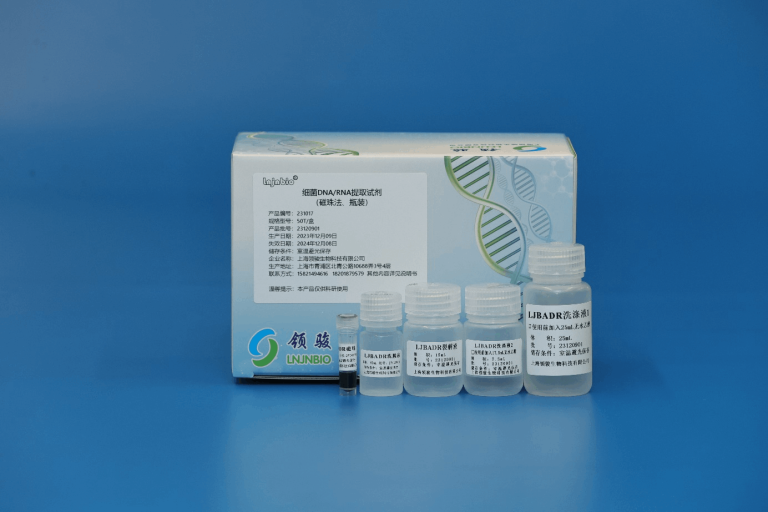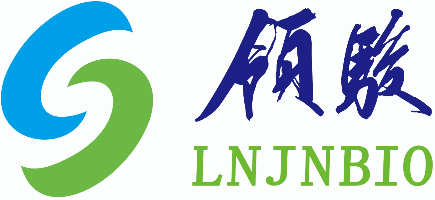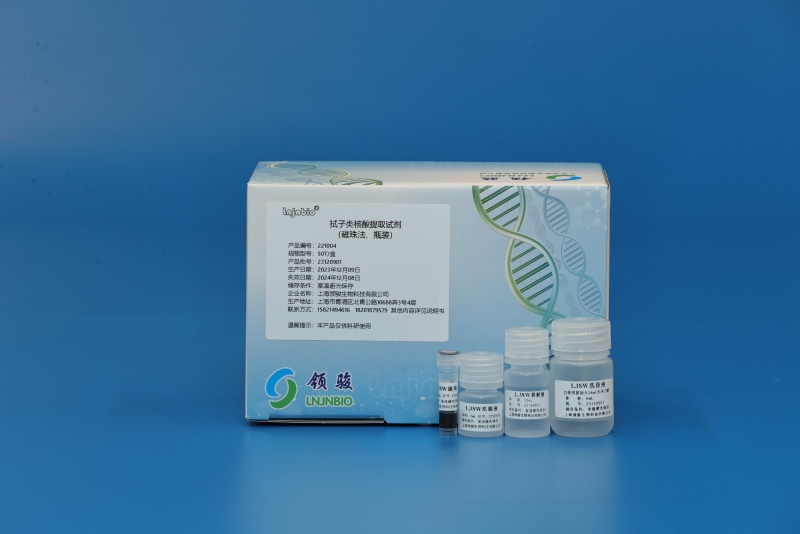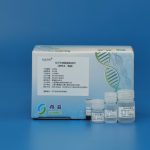Professional Manufacturer of Biomagnetic Beads
PRODUCT PARAMETERS
- Product No.: 221004
- Extraction Methods: magnetic bead method
- Sepc: Bottled 50T/box, 100T/box, 200T/box
Description
【Product Introduction】
This product is mainly used for the extraction, enrichment and purification steps of nucleic acid in swab wash, virus preservation solution, saliva, semen, urine, lymph fluid and many other body fluid samples and animal tissue cell homogenate. The sample is lysed and released nucleic acid under the action of guanidine salt, the nucleic acid is separated from other impurities in the sample by the specific adsorption of magnetic beads, then rinsed by washing solution to remove protein and residual guanidinium salt, etc., and finally eluted to get purified nucleic acid, and the obtained nucleic acid product can be used in experiments such as PCR amplification, nucleic acid detection and analysis, gene mutation detection, and sequencing.
【Product advantages】
1、 Lysis and binding with one step, after adding the sample can be on the machine for extraction, the extraction process does not need to pause to add other reagents.
2、The extracted nucleic acid has high purity and good integrity.
3、Efficient and quick, with automatic nucleic acid extractor, only 9 minutes to complete the extraction process.
4、No need to add proteinase K in the extraction process, and it can be transported and stored at room temperature.
5、The reagent system has good accuracy, good reproducibility and high sensitivity.
6、Strong versatility, can be used with different manufacturers of automated nucleic acid extraction equipment.
【Product image】
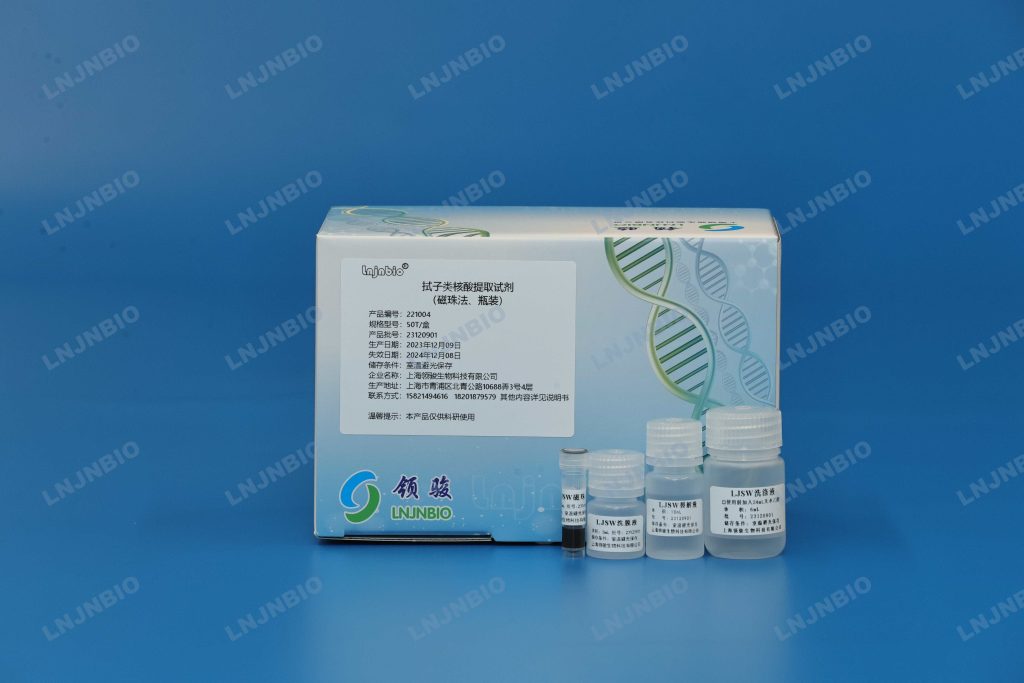
【Experimental case】
A coronavirus pseudovirus was extracted on a fully automated nucleic acid extractor LJbio32H using swab-based nucleic acid extraction reagents from Shanghai Leader Biotechnology Co. The extracted products were subjected to qPCR, and the data related to the precision and sensitivity were as follows:
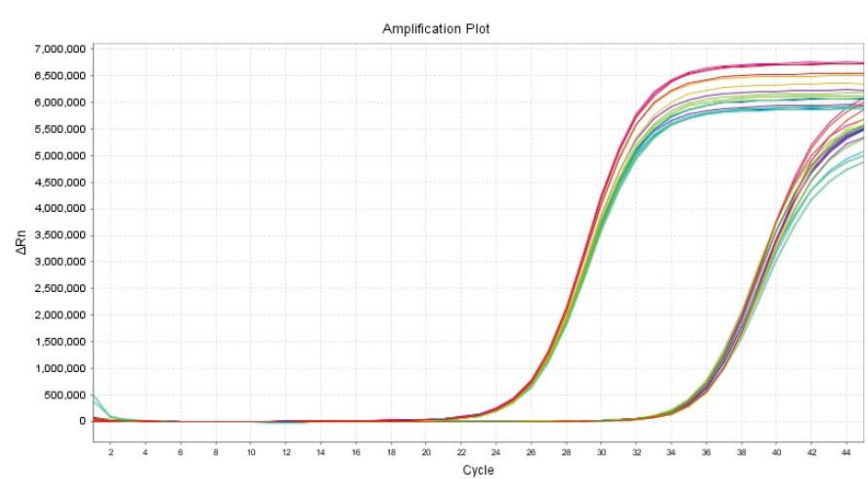
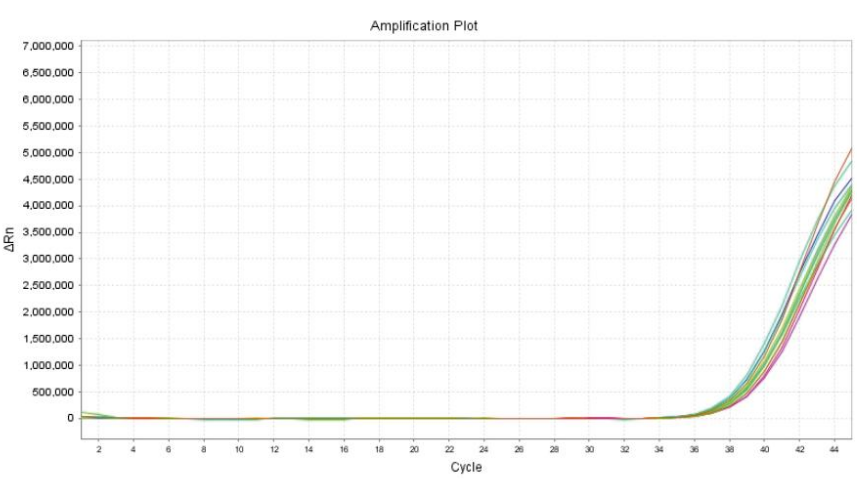
The results showed that the amplification curves of both high and low concentration samples showed good reproducibility. 20 samples with the lowest detection limits could be detected stably.
【Application area】
1、Detection of pathogens of respiratory tract infections
Virus screening: rapid extraction of SARS-CoV-2, influenza virus (A / B), respiratory syncytial virus (RSV), and adenovirus from nasopharyngeal swabs and oropharyngeal swabs to support PCR, thermostatic amplification and other molecular tests.
Bacterial identification: for B. pertussis, Streptococcus pneumoniae, Mycobacterium tuberculosis and other pathogens, efficiently enrich trace DNA, and improve the detection rate of culture-negative samples.
Mixed infection analysis: compatible with multiplex PCR or metagenomic sequencing (mNGS), synchronously extracting nucleic acids of a variety of pathogens from a single swab, to solve the pathogen diagnosis problem of difficult pneumonia and severe infection.
2. Neonatal and maternal and infant health monitoring
Group B Streptococcus (GBS) screening: GBS DNA from late perianal swabs to prevent neonatal sepsis and meningitis.
Congenital infection screening: for cytomegalovirus (CMV), herpes simplex virus (HSV), neonatal samples can be non-invasively obtained through oral swabs for early diagnosis of congenital infection.
3. Prevention and control of zoonoses and animal diseases
Avian influenza surveillance: viral RNA was extracted from avian throat / cloaca swabs to monitor H5N1 and H7N9 subtypes in real time.
Pet pathogen detection: used for the diagnosis of pet respiratory / digestive tract infections, such as canine distemper and cat calicivirus, to ensure the prevention and control of zoonosis.
Wildlife traceability: Virus genome data was obtained from wildlife oral swabs to support the source tracing study of emerging infectious diseases (e. g., Ebola, MERS-CoV).
4. Environmental and food hygiene monitoring
Cold chain detection: Novel Coronavirus RNA is extracted from object surface swabs to monitor the pollution risk of imported cold chain food.
Hospital infection control: extract the resistant bacterial DNA (e. g. MRSA, CRE) from the surface swab of ICU equipment to track the chain of nosocomial transmission.
Food safety: detect food-borne pathogenic bacteria such as Salmonella and Listeria in food processing swabs to ensure the safety of the whole industry chain.
Supplier Introduction
Shanghai Lingjun Biotechnology Co., Ltd. was established in 2016 and is a professional manufacturer of biomagnetic materials and nucleic acid extraction reagents.
We have rich experience in nucleic acid extraction and purification, protein purification, cell separation, chemiluminescence and other technical fields.
Our products are widely used in many fields, such as medical testing, genetic testing, university research, genetic breeding, and so on. We not only provide products but can also undertake OEM, ODM, and other needs. If you have related needs, please feel free to contact us at sales01@lingjunbio.com.
FAQs
We have magnetic beads in silica, magnetic beads in carboxylic acid, and various kits for nucleic acid extraction by magnetic bead method (samples can be extracted from whole blood, serum plasma free, plasmid, etc.), and the packing specifications of magnetic beads are 2ml, 10ml, 50ml, 500ml, 1000ml, etc. The packing specifications of the kits are: bottles are 50T/box, 100T/box, 200T/box, and the pre-filled kits are 32T/box, 48T/box, 64T/box, 96T/box, and 48T/box. We have 32T/box, 48T/box, 64T/box, 96T/box, and so on.
Land transportation, sea transportation, air transportation, you can choose according to your requirements.
Of course, we provide customized service and also support OEM\ODM.
First, confirm the demand, then sign the contract; after receiving the payment, we will ship the goods within the stipulated or mutually agreed delivery period.
Usually, we will send out the goods within 15 working days after receiving the payment; customized products and large quantities of orders (magnetic beads ≥ 10L, nucleic acid extraction reagents ≥ 300000T) need to be determined by both sides to communicate with the delivery period.
REQUEST A QUOTE
RELATED PRODUCTS
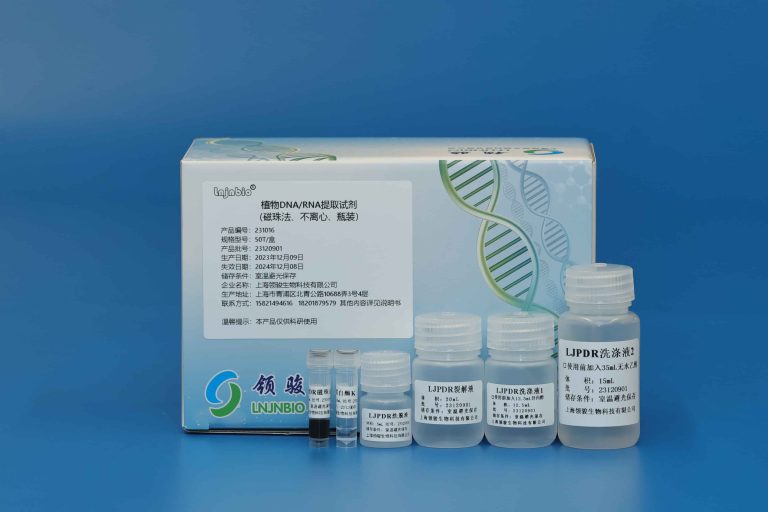
Lnjnbio Magnetic Beads for Plant DNA/RNA Extraction Kit 231016
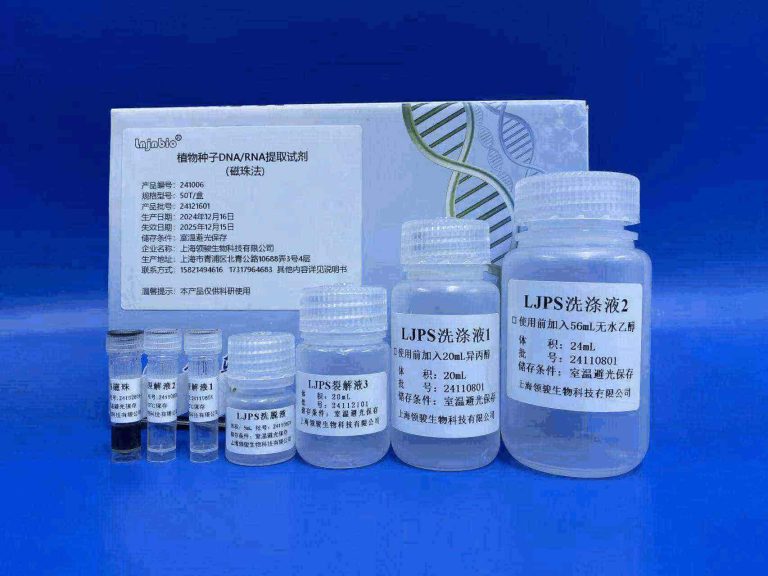
Plant Seed DNA/RNA Extraction Kit
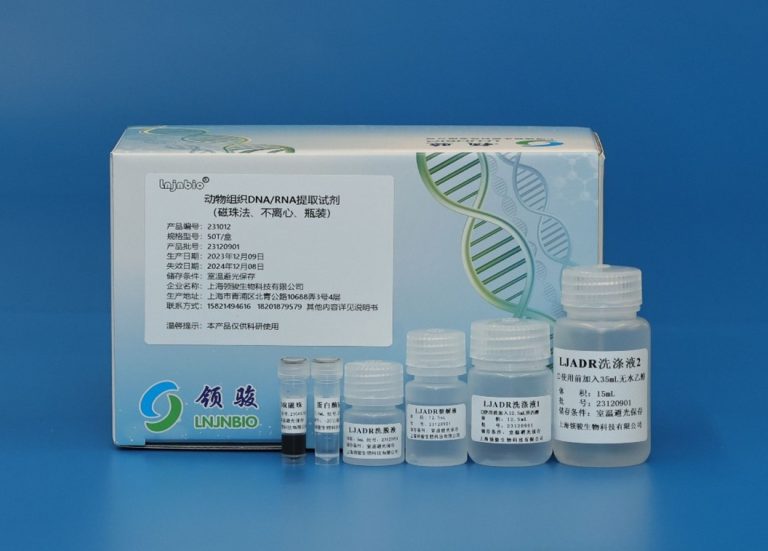
Lnjnbio Magnetic Beads for Animal Tissue DNA/RNA Extraction Kit 231012
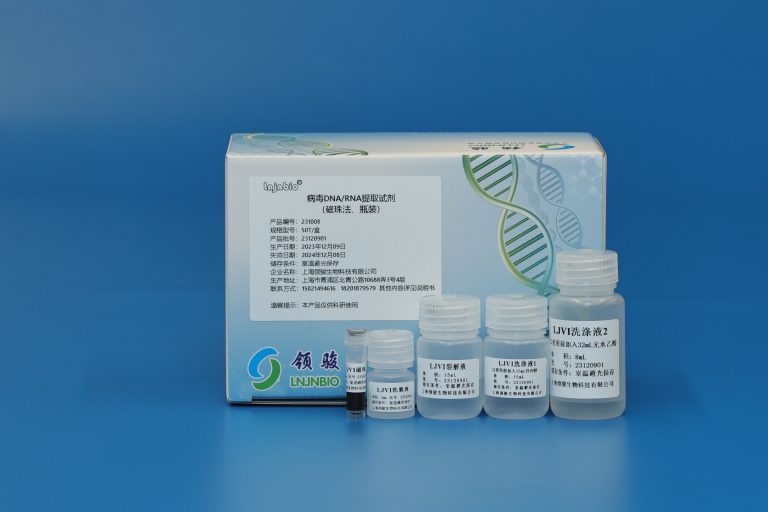
Lnjnbio Magnetic Beads for Viral DNA/RNA Extraction Kit 231008
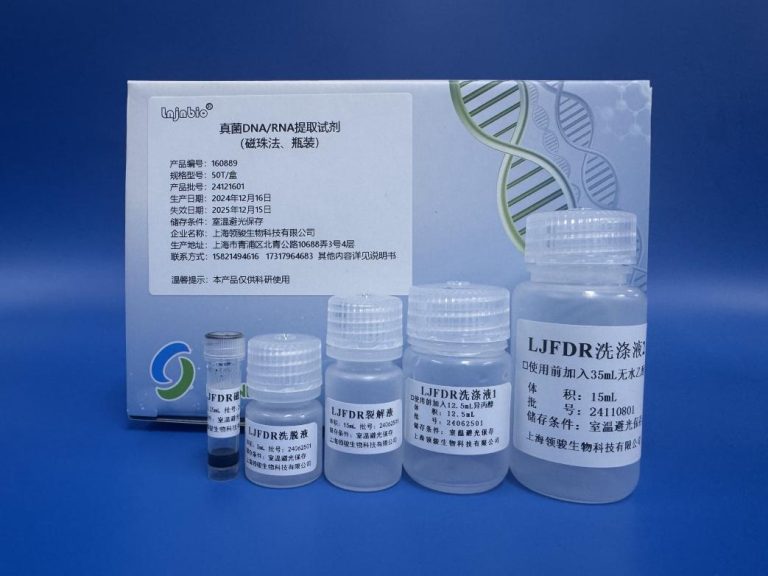
Lnjnbio Magnetic Beads for Fungal DNA/RNA Extraction Kit (Magnetic Bead Method)160889
